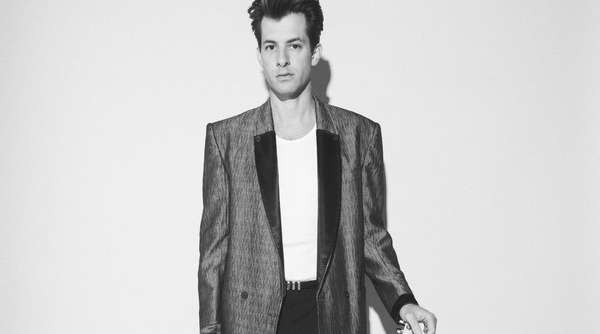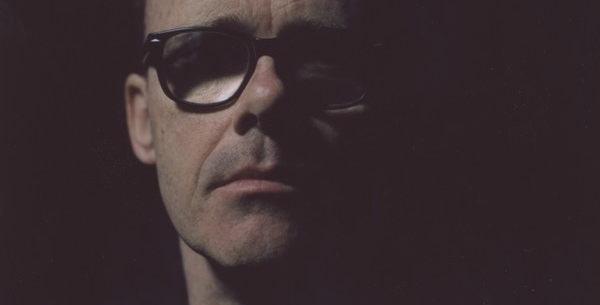“Obviously a lot of the reason why I contact people is that I’m a fan of their work,” he says. “But I’ll also just be writing something and think, ‘Oh I know who’d sound great on this,’ or, ‘It’d be really great if I could get them to add something.’ With guys like Kevin and Andrew Wyatt and Bruno, there is that aspect of wanting to capture what I love about them. But I think for them, working on my album can be like a holiday. When it’s your own project, you antagonise over every little detail. But if you just come in to do one song, you can mess around, sing something or play some guitar, have a bit of fun, and it’s a chance to try something new.”
In comparison to Ronson’s first three LPs, Uptown Special isn’t absolutely jam-packed with guests. Parker and Wyatt (of Miike Snow) both appear multiple times, and the whole album was made in co-ordination with producer and composer Jeff Bhasker. Nonetheless, running the gamut from unknown singer Keyone Starr to Sydney provocateur Kirin J Callinan and veterans Mystikal and Stevie Wonder, it’s an incredibly diverse assemblage.
“I’ve never been able to get my head out of the DJ booth,” Ronson says. “On paper that sounds like a frenetic or scattered list of people. But in a DJ set, I’ll happily include Steely Dan and Chaka Khan and AC/DC and Mystikal. Maybe not in that order, but over the course of a night I could play them all. For me, those things aren’t massively different. When I was a hip hop DJ in New York, I used to love throwing in a soft rock or classic funk track and the hardcore hip hop kids who didn’t think they were into that stuff would be dancing to it. It’s the same with Back in Black by AC/DC, which I used to play, and I’d follow it with a Puff Daddy song. So, while it does seem like a weird selection, to me all of it is connected.
“I can’t speak for Kevin and his influences, but when I listen to Tame Impala, a lot of it reminds me of what I love about Stevie Wonder,” he adds. “It’s soulful but it’s also psychedelic, there’s lots of weird organ sound and really great melodies. So working with these newer artists ties together a lot of the influences from the past.”
Uptown Special features input from another highly accomplished artist, though not in the world of pop music. Novelist Michael Chabon – who is responsible for 1995’s Wonder Boys, which was made into a film starring Michael Douglas, and the 2001 Pulitzer Prize winner The Amazing Adventures of Kavalier & Clay – penned lyrics for nine of the 11 songs.
“I would say Michael Chabon is my favourite living writer,” Ronson says. “Especially Kavalier & Clay – that book got me back into reading. You know when you finish school and you never want to read a book again? I was just like, ‘I’m going to DJ hip hop clubs and make beats.’ But, yeah, I’d written Summer Breaking and it had a night-time vibe, it had a bit of mystique, it was unlike anything I’d written before. I thought that it needed to tell a story, but I don’t really know how to write that kind of story. We can all copy someone else, but I thought I’d ask Michael if he was interested. I wasn’t too worried; if he’d said no, Jeff and I probably would’ve written it. But it was so great when he agreed to do it.”
A cool jazzy rock tune carried by a dangerous sensuality, Summer Breaking owes significant musical debt to the work of Steely Dan and the Doobie Brothers. Meanwhile, after tuning in closely to hear lyrics like “Avenues empty as .44 clips/ Cargo ships, teen zombies ghost-riding their whips,” one’s impression of the song vastly expands. The multi-layered nature of Summer Breaking is true of the album as a whole. While Uptown Special’s an immediately engaging pop record – perhaps Ronson’s most accessible to date – it continues to reveal itself on repeat listens.
“I think this is the first album of mine that has the chance to do that, if it stands the test of time,” Ronson says. “When you listen to Bang Bang Bang or The Bike Song, [from Record Collection], everything’s really on the beat and in your face. Once again, because I’m unable to remove myself from DJing, it was hard to understand that not every song on an album needs to be upbeat. So with this album, I wanted to go on some journeys and go into some darker places.”
BY AUGUSTUS WELBY







